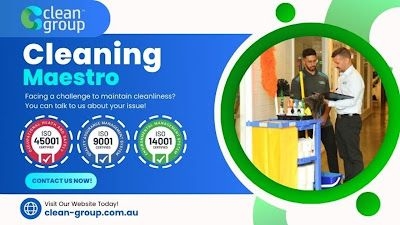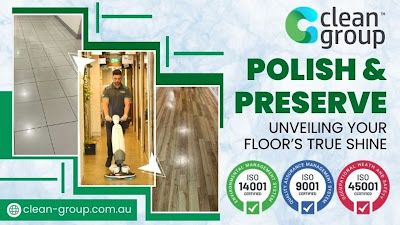
Why Are Criminal Background Checks Required for Cleaners in Some Facilities?
The Role of Janitors and Custodians in Commercial Buildings
As the commercial cleaning industry evolves, the demand for specialized services is expected to increase, especially in sectors that require strict cleanliness standards, such as healthcare and food services. Healthcare facilities, for example, require meticulous cleaning routines due to the high risk of cross-contamination and the need to maintain sterile environments. These cleaning services often involve using hospital-grade disinfectants, strict adherence to infection control protocols, and highly trained staff who are knowledgeable about the latest health regulations. Food service businesses are similarly focused on maintaining high standards of cleanliness to comply with health codes and to ensure the safety of their customers. Commercial cleaning companies are adapting to these specialized needs by offering targeted services such as deep cleaning, sanitization of kitchens, and handling of hazardous materials, all while staying up to date with the latest industry regulations.
Another growing aspect of the commercial cleaning sector is the specialization in niche environments that require high-level precision and adherence to strict standards. For example, medical facilities, laboratories, and cleanrooms must meet stringent regulatory requirements such as those set by the Centers for Disease Control and Prevention (CDC) or the Occupational Safety and Health Administration (OSHA). Cleaners working in these settings must undergo advanced training in contamination control, biohazard disposal, and proper sanitization protocols. Clean Group provides comprehensive and professional Commercial Cleaning Sydney across Sydney, NSW. Our fully insured, trained, and security-verified cleaners ensure your workplace stays spotless and hygienic. Schedule a free onsite quote today—book online or call us at 02 9160 7469. Get your obligation-free commercial cleaning estimate for offices, buildings, and other business spaces in Sydney.. Likewise, facilities in the food production and pharmaceutical industries must maintain rigorous cleanliness to comply with health codes and manufacturing safety regulations, making commercial cleaning not just a matter of appearance but a critical component of operational safety.


